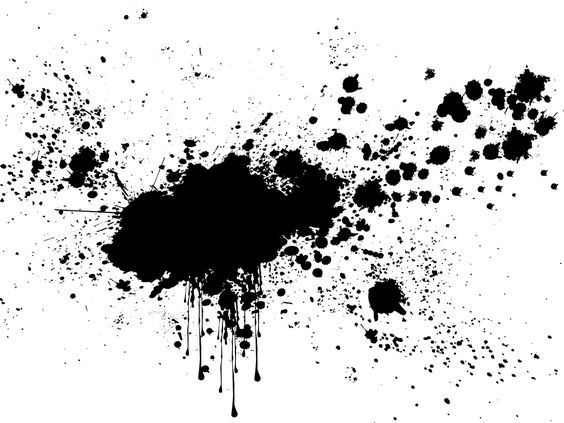I recently had the privilege to be invited to deliver a lecture as part of the “Aesthetic and Scientific Epistemologies of the Occult in the XIX Century,” a lecture series organised by ETH University – Zurich‘s ongoing project “Scientificization and aestheticization of esotericism in the long 19th Century” alongside esteemed colleagues. See the links above for more information, the full lecture follows below:

Joséphin Péladan (1858-1918), or Sâr Merodack as he preferred to be called, was vital to the development of fin-de-siècle French Symbolism. He saw the creative process as the ultimate sacred act, whereby through emulating the act of creation, humanity could move back towards a reintegration with their divine origins. Artists had been gifted with the talent to create those works of art that could spark the spiritual evolution he believed necessary for this process, and his mission was to inspire them to do so, while also attempting to attract the general public. For Péladan, a perfect work had to conform to the two characteristics of idealism and mysticism. He wrote many long explanations arguing the philosophy of this point, summarized in his axiom that “A work that is real in form, and unreal in expression, is perfect”.
Sasha Chaitow is a British-Greek cultural historian, educator, writer and artist. Her Péladan Project is the result of her PhD research on his life and work (University of Essex, 2014). Chaitow has published extensively on Péladan, Symbolist Art and the French Occult Revival. She is presently working on the revision of her PhD thesis for publication with Brill Academic Press. She has also had thirteen solo art exhibitions across the UK, Greece, and Sweden and participated in various group shows. Her latest book, Atalanta Unveiled: Alchemical Initiation in the Emblems of the Atalanta Fugiens (2020), concerns the work of German doctor, diplomat and alchemist, Michael Maier (1568–1622).


